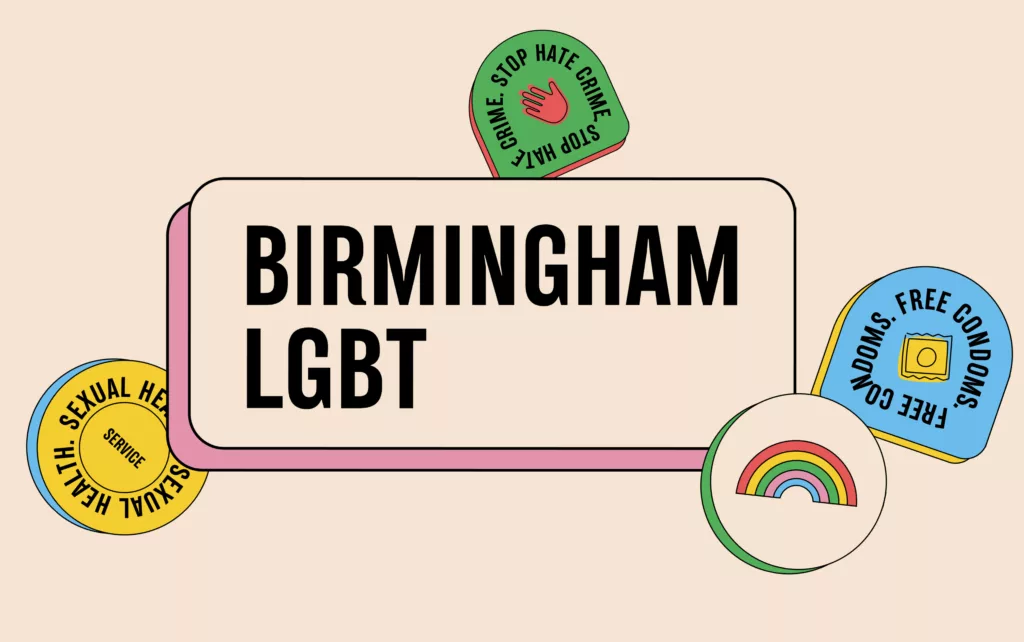by Jake McGee
The UK is currently on the edge of a Public Health crisis unlike anything we have ever known before. No one expected the speed that our lives would change so dramatically even just a month ago.
Many people myself included where laughing and joking about the potential threat posed by the Coronavirus, But all of a sudden here we are and things seem and feel very real, we are facing a situation that no one was prepared for and no amount of foresight or forward planning could have prevented the current situation.
But there is something we can all do to protect ourselves, protect our families, reduce the speed at which the virus spread and shield our vital NHS service.
So, what is social distancing and what is the difference between self-isolation and social distancing? And who should be doing what?
Social distancing means staying at home if you can. Key workers can still go to work and are being asked to continue going to work. Key workers include NHS staff, Supermarket staff and supermarket delivery staff. Pharmacists, Health and Social Care workers and those working in the medical supply chain.
The UK is currently in a ‘Partial Lockdown’ but measures may become more strictly imposed if people do not comply with guidance in the early stages.
Social distancing means, taking measures to maintain the distance between yourself and others, these measures include maintaining a distance of at least 2 metres between yourself and any other person. Working from home if you can, As a nation cancelling meetings, festivals and large sporting events.
Keeping in touch with people through social media rather than meeting in person.
What can we still do under the new social distancing measures,
We can leave the house for essential supplies / Food and medication (as infrequently as possible)
Take one form of exercise once a day, a walk, cycle or jog, either alone or with people we live with
All gatherings of more than 2 people are banned
You can leave home to care for a vulnerable person
You can travel to and from work where that work is essential
Self-isolation isolating yourself for 14 days, if you have been in contact with someone who has tested positive for Coronavirus, or if you have recently returned from a country where coronavirus is spreading rapidly e.g. Italy. You should isolate yourself for 14 days. This means not leaving home at all. Two weeks is enough time to be able to tell if you have become infected with the virus and might spread t to others.
The video below explains how effective Social distancing can be check it out below:
https://www.youtube.com/watch?v=8Hi9-5F2zW4
I’m hearing a lot on the TV about Flattening the curve, what does this mean?
Flattening the curve is about delaying the spread of coronavirus, by bringing in measures like social distancing and self-isolation. In a nutshell if 100s of 1000s people become severely ill at the same time then the NHS will be overwhelmed, and it will not cope meaning the loss of life will be much higher, than if we can act quickly and delay the spread of the infection.
Having to stay at home can be a difficult time, particularly if you are worried and bored, But Birmingham LGBT staff are contactable online or over the phone between the hours of 10-6pm Monday to Friday, Feel free to call us even if there’s no other reason than you want to hear a friendly voice and talk to another human being. We are all in this together an if everyone does their bit where they can we will get back to normal much sooner.
Contact us on hello@blgbt.org or call 0121 643 0821.
You can also check updates on Facebook https://www.facebook.com/lgbtbirmingham/ and Twitter @birminghamlgbt



